Significant Changes To Golf’s Rules Of Amateur Status Published
The R&A and USGA have published new Rules of Amateur Status to come into effect 1st January 2022. We spoke to Grant Moir, Director of Rules at The R&A, to find out more


After proposed changes to the Golf’s Rules of Amateur Status were made public in February 2021, modernised rules were published today by The R&A and USGA and will come into effect on 1st January 2022, bringing in big changes to prizes and sponsorship.
Following lengthy consultation with, and feedback from, golfers and the golf industry, the updated Rules feature modifications to the proposals, particularly with regards prizes.
The new Rules of Amateur Status, which remove many restrictions applied to amateur golfers, are the latest step by The R&A and USGA to modernise the Rules and make them easier to understand.
The changes follow the modernisation of the Rules of Golf back in 2019.
“We felt it very important to maintain the integrity of the game in terms of the Rules of Golf and the rules of handicapping,” says Grant Moir, Director of Rules at The R&A.
“But we’ve been able to remove restrictions, principally many that apply away from the course, to allow those playing at the elite level of the amateur game to compete to their full potential.”
Rules of Amateur status: The headlines
The new Rules identify that only the following acts would result in a golfer losing their amateur status:
Get the Golf Monthly Newsletter
Subscribe to the Golf Monthly newsletter to stay up to date with all the latest tour news, equipment news, reviews, head-to-heads and buyer’s guides from our team of experienced experts.
- Accepting a prize with a value exceeding the prize limit (£700/$1000) or accepting prize money in a handicap competition.
- Playing as a professional.
- Accepting payment for giving instruction (although all current exceptions still apply, such as coaching at educational institutions and assisting with approved programmes).
- Accepting employment as a golf club professional or membership of an association of professional golfers.
To achieve this simplified approach, the following key changes have been introduced:
- Distinguishing between scratch and handicap competitions in terms of the prizes that may be accepted.
- The prize rule applies only to tee-to-hole competitions played on a golf course or a simulator but no longer apply to long-drive, putting and skills competitions that are not played as part of a tee-to-hole competition.
- Eliminating all advertising, expense-related and sponsorship restrictions.
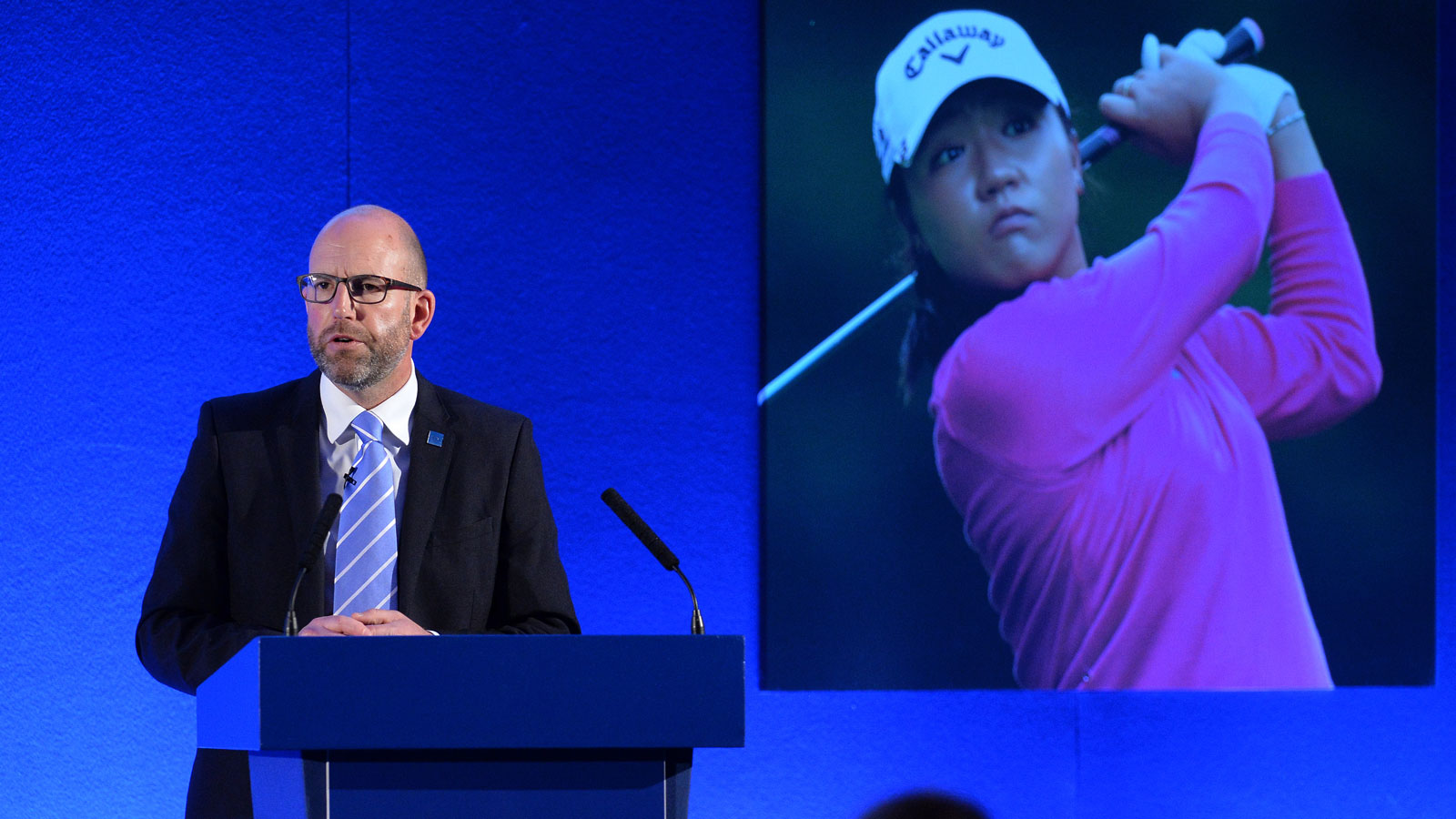
Prizes
The most significant change to the proposals that came out in February is with regard prizes.
The February proposals suggested there would be an elimination of the distinction between cash prizes and amateur prizes up to the defined prize limit for amateur golf.
The published rules make a distinction between scratch and handicap golf.
Rule 3a says that an amateur playing in a scratch competition may accept a prize (including cash) up to a new limit of £700 or $1,000 – that limit is raised from £500 or $750.
But Rule 3b states that an amateur playing in a handicap competition is not allowed to accept prize money but can claim any other prize up to the £700/$1,000 limit.
“Our initial proposal was a situation where any amateur golfer would be able to accept a cash prize up to the prescribed limit, regardless of the type of event they were playing in,” says Moir.
“Feedback demonstrated two main concerns – one that cash has certain temptations and we didn’t want to tamper with the fabric of amateur golf - The game the majority play which relies so heavily on integrity and self-policing in terms of Rules and handicapping.
Secondly, a concern on the potential loss of revenue. The way it works with vouchers and merchandise as prizes is important to the game financially, as it stays within the golf clubs.
Those two aspects made us reconsider the situation with regards cash prizes across the game. So we’ve limited that to scratch only.”
By removing the cash prize element for handicap golf, the governing bodies were able to consider raising the prize money limit. It will now by £700 or $1,000.
“By changing our position on cash prizes, it enabled us then to feel we could also give something for handicap golf by raising the limit,” Moir continued.
The prize limit applies to any tee to hole competition, any skills competition within a tee to hole competition (nearest the pin or longest drive for instance).
And total prizes accepted in a single competition should not exceed the limit – If you were to win the team, individual, nearest the pin and longest drive prizes in one event, you wouldn’t be able to accept total prizes with value higher than £700 or $1,000.
But in non-tee to hole competitions, a long drive contest or trick shot contest for instance, the prize limit does not apply.
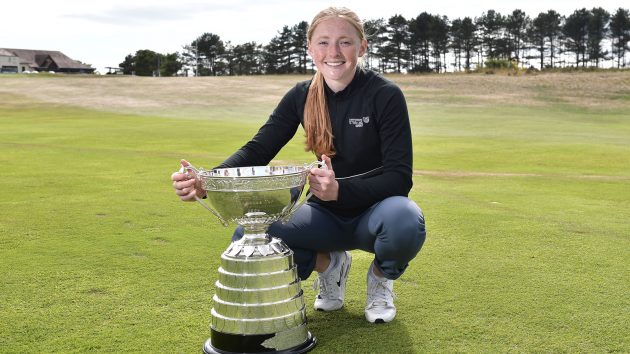
Sponsorship
Perhaps the biggest change to the Rules is the removal of all restrictions on advertising, expenses and sponsorship.
Moir explains: “It’s been something we’ve talked about since the outset of these discussions back in 2017. Fairly early on we felt strongly that the time was right to remove the restrictions on amateurs being able to advertise the source of sponsorship assistance they were given.
There are reasons for that. As they were, if you were part of a national squad, what you could receive and what the squad could do in terms of giving publicity to the sponsor was out of kilter with what an individual could do.
Similarly, if you managed to get yourself onto a scholarship programme in the U.S, or elsewhere, you’d have funding and backing that would enable you to compete at an elite level.
But if you were just short of that standard then you’d be looking to try to get some assistance without being able to offer anything back.
A halfway house would add a burden on administrators and players themselves. Therefore, it seemed right that the time had come to remove those restrictions.”
Instruction
The Rule on instruction has been tweaked slightly to allow amateurs to give instruction online as long as it’s not to a specific individual or group.
This is taking note of the number of elite amateur players who may have social media or other online accounts, in which they inevitably talk about their golf in a way that could be construed as instruction.
Instruction was previously allowed to be given in writing, via a magazine article or book for instance.
“I wouldn’t view this as a significant change to the instruction rule, it’s a logical incremental step based on how social media has become the new form of instructional book,” added Moir.
The new Rules on Amateur Status, together with guidance notes and an overview document can be found on The R&A and USGA websites.

Fergus is Golf Monthly's resident expert on the history of the game and has written extensively on that subject. He has also worked with Golf Monthly to produce a podcast series. Called 18 Majors: The Golf History Show it offers new and in-depth perspectives on some of the most important moments in golf's long history. You can find all the details about it here.
He is a golf obsessive and 1-handicapper. Growing up in the North East of Scotland, golf runs through his veins and his passion for the sport was bolstered during his time at St Andrews university studying history. He went on to earn a post graduate diploma from the London School of Journalism. Fergus has worked for Golf Monthly since 2004 and has written two books on the game; "Great Golf Debates" together with Jezz Ellwood of Golf Monthly and the history section of "The Ultimate Golf Book" together with Neil Tappin , also of Golf Monthly.
Fergus once shanked a ball from just over Granny Clark's Wynd on the 18th of the Old Course that struck the St Andrews Golf Club and rebounded into the Valley of Sin, from where he saved par. Who says there's no golfing god?
-
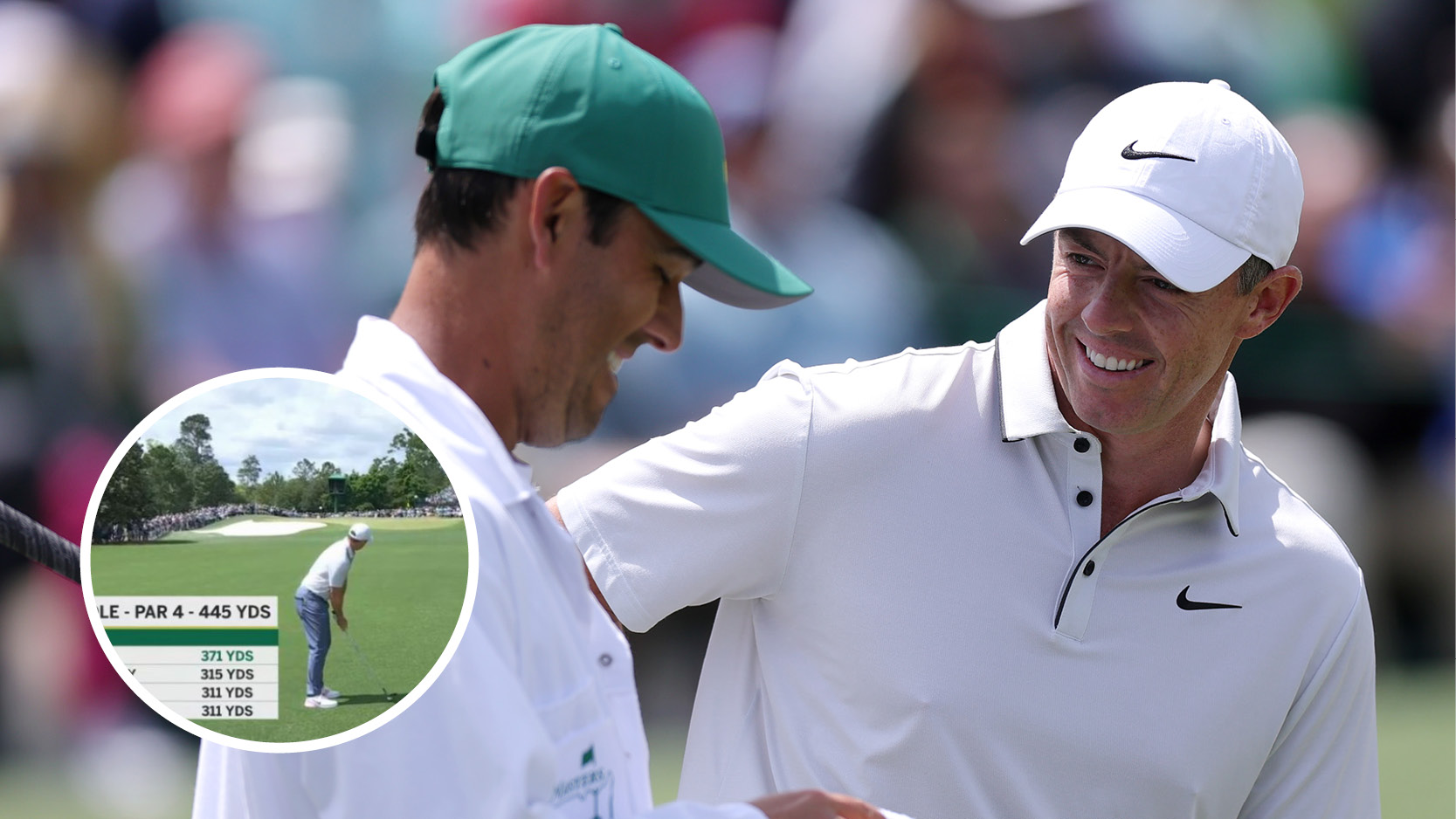 Rory McIlroy Fires Back-To-Back 370-Yard Monster Drives In Birdie-Eagle-Birdie Start To Lead The Masters
Rory McIlroy Fires Back-To-Back 370-Yard Monster Drives In Birdie-Eagle-Birdie Start To Lead The MastersIt's safe to say that the four-time Major winner was full of adrenaline at the start of his third round, with McIlroy pounding two drives that measured a total of 740-yards
By Matt Cradock Published
-
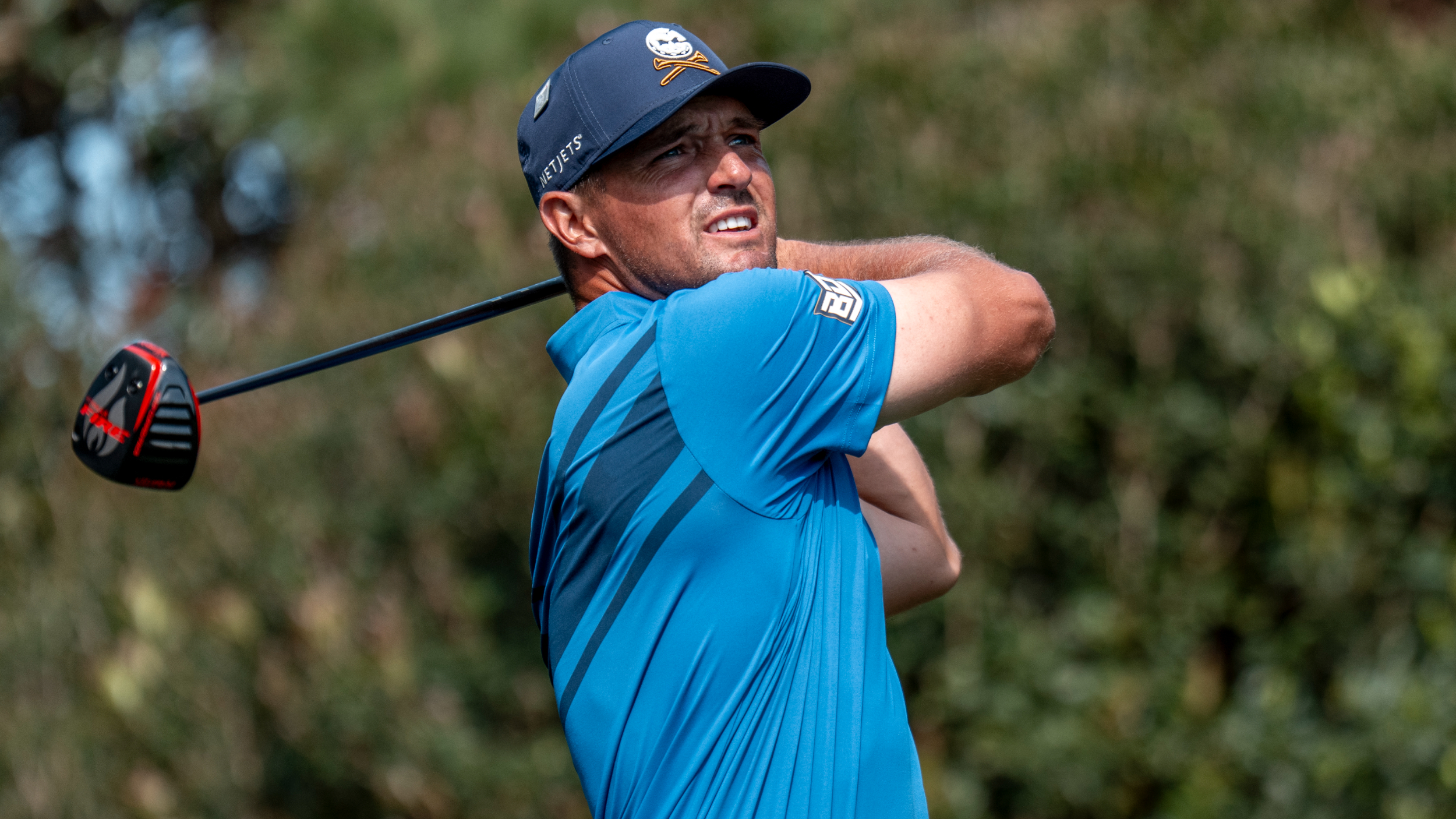 Who Is On Bryson DeChambeau’s Team? Coach, Caddie, Manager And More
Who Is On Bryson DeChambeau’s Team? Coach, Caddie, Manager And MoreBryson DeChambeau is one of the most high-profile and successful players of his era, but who are the team members helping to guide his career?
By Mike Hall Published
-
 Rules Of Golf: Unplayable Ball In Bunker
Rules Of Golf: Unplayable Ball In BunkerUnplayable ball in bunker? Jeremy Ellwood looks at what you can and can't do if you decide it would be impossible or unwise to play it
By Jeremy Ellwood Published
-
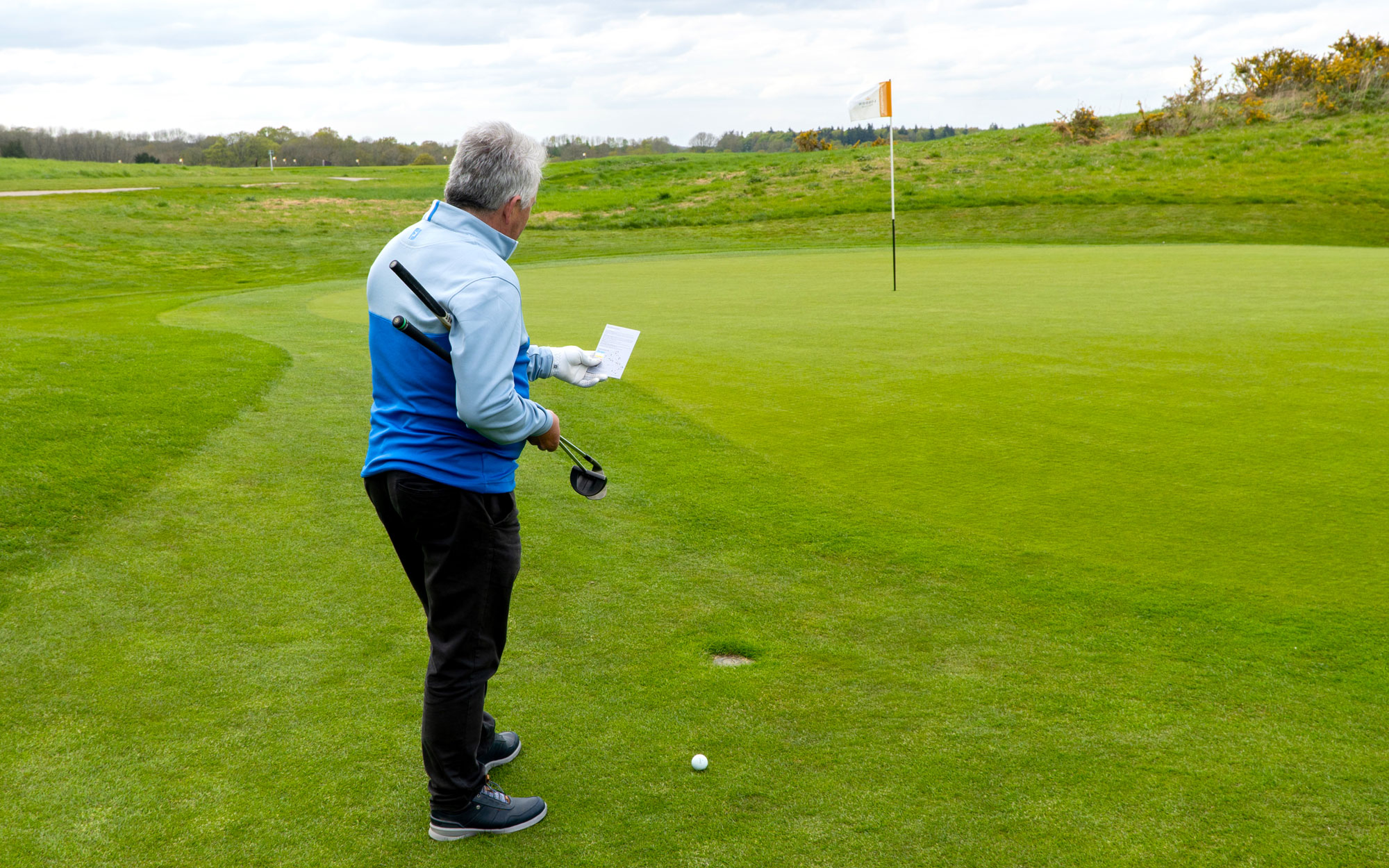 Golf Rules Explained: Local Rules
Golf Rules Explained: Local RulesWe explain what Local Rules are, where to look out for them and discuss one or two examples you might encounter
By Jeremy Ellwood Published
-
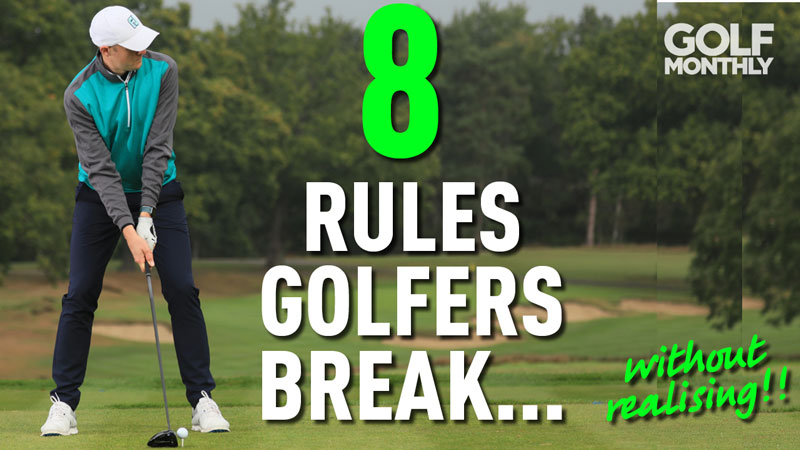 8 Rules Golfers Break Without Realising
8 Rules Golfers Break Without RealisingWe take a look at 8 rules golfers break without realising
By Jeremy Ellwood Published
-
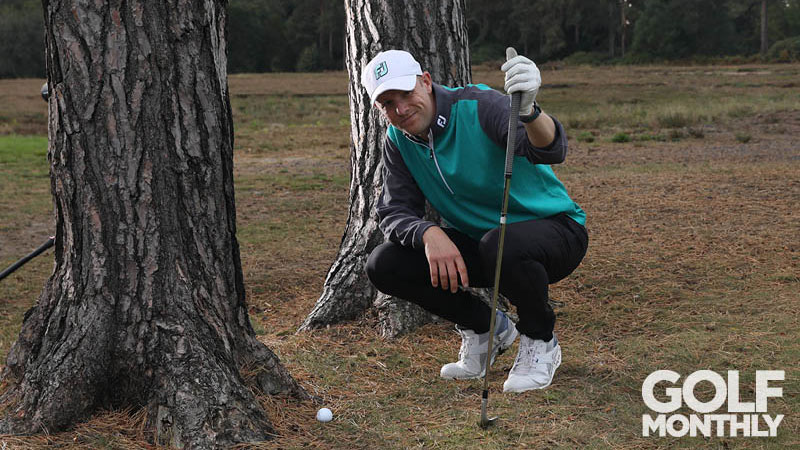 7 Simple Golf Rules Mistakes
7 Simple Golf Rules MistakesIn this video, Neil Tappin and Jezz Ellwood look at 7 rules of golf that are easily broken.
By Sam Tremlett Published
-
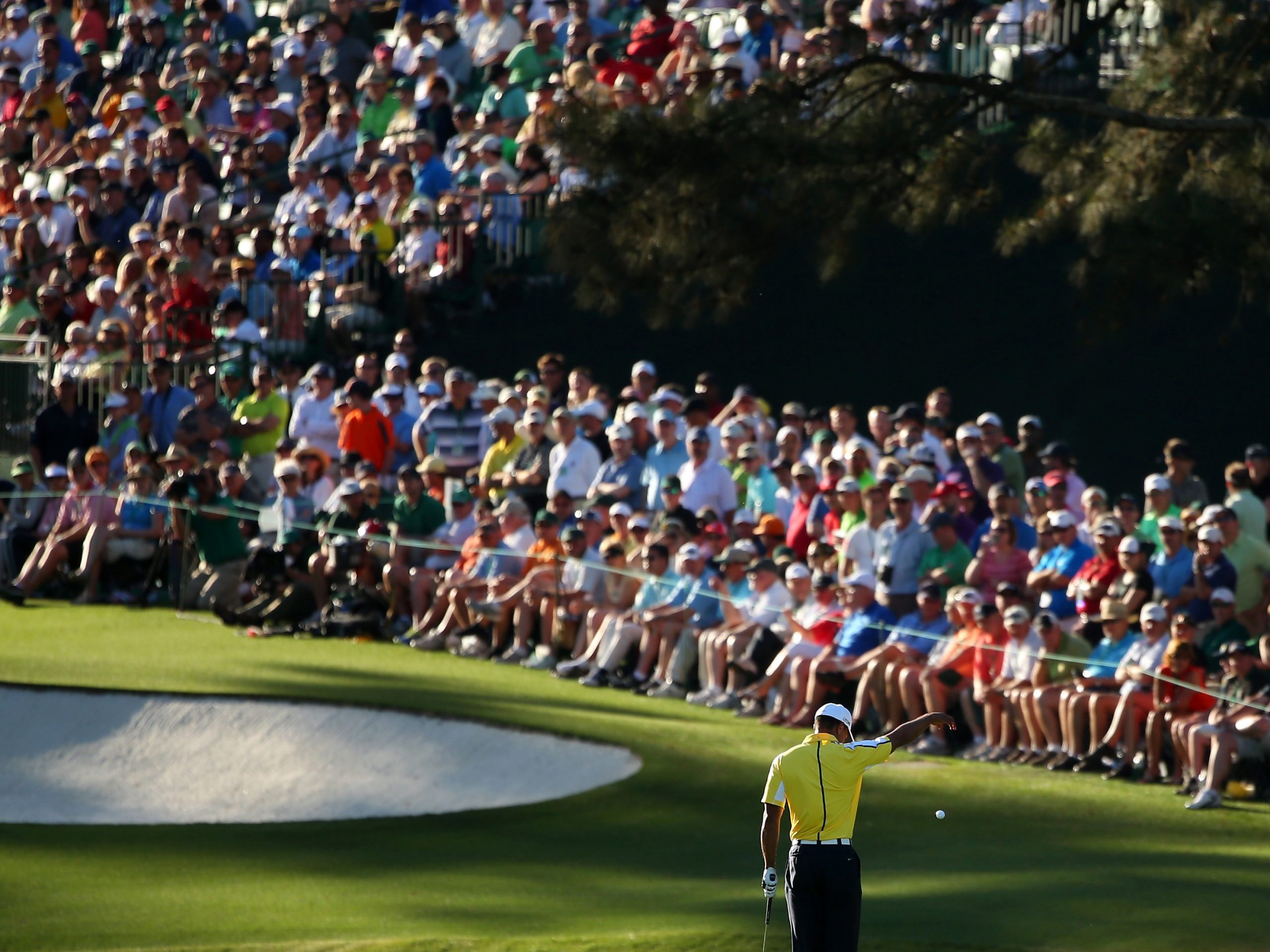 7 Of The Strangest Golf Rules Incidents On Tour
7 Of The Strangest Golf Rules Incidents On TourOur look at some of the strangest golf rules incidents on tour features some of golf's biggest names including Tiger Woods, Phil Mickelson and Sergio Garcia
By Jeremy Ellwood Published
-
 What Is The General Penalty? - Golf Rules Explained
What Is The General Penalty? - Golf Rules ExplainedGM Rules guru Jezz Ellwood defines the term General Penalty
By Golf Monthly Published
-
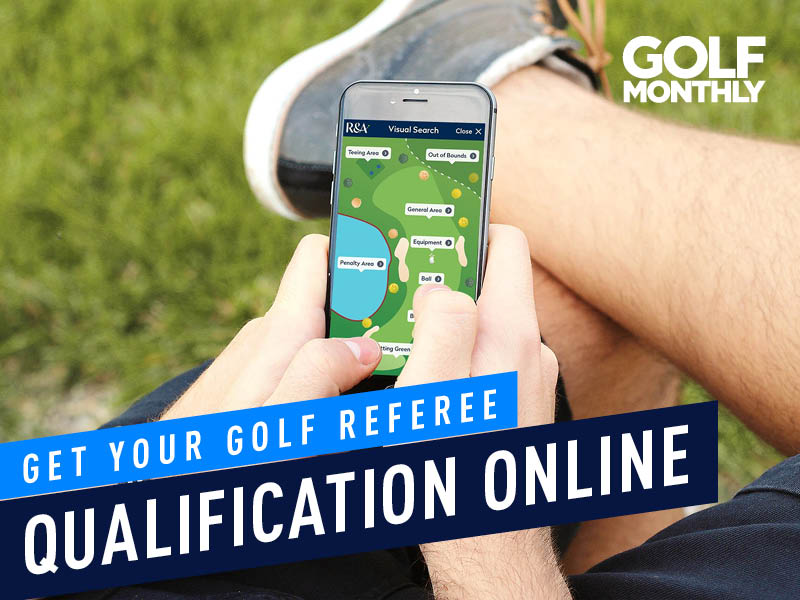 Get Your Golf Referee Qualification Online
Get Your Golf Referee Qualification OnlineBrush up on your golf rules knowledge and get your qualification online.
By Sam Tremlett Published
-
 Post-Lockdown 2020 Rules Refresher
Post-Lockdown 2020 Rules RefresherHere Neil Tappin and Jeremy Ellwood look at giving you a refresh on the rules as we come out of lockdown.
By Sam Tremlett Published